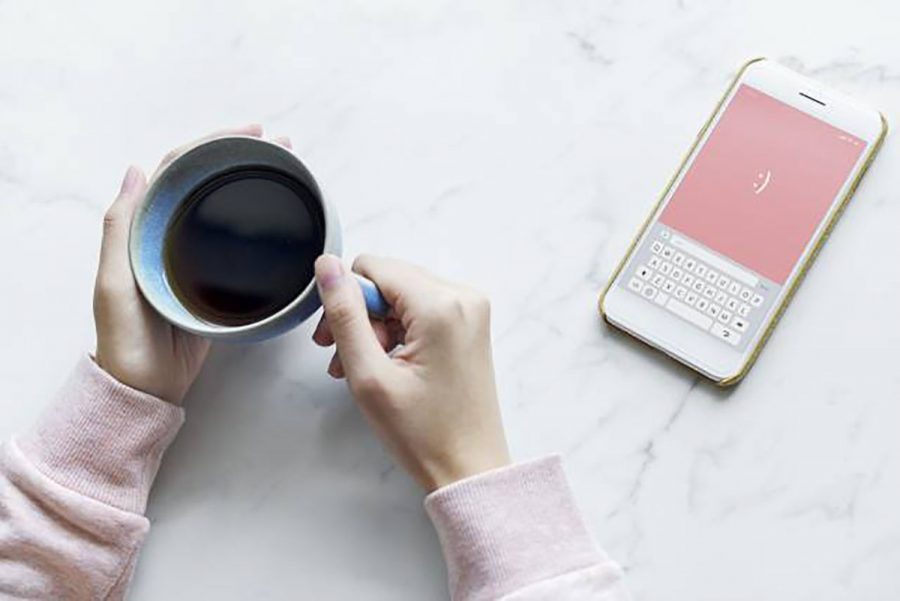New Instagram policy not strict enough
Weight loss products have no place advertising on the platform
Nearly every day since I first created an Instagram account, I’ve opened the app to spend minutes –– okay, sometimes more –– mindlessly scrolling through my feed, made up of both friends and celebrities that I follow.
In recent years, that feed has become inundated with sponsored posts and ads, both by accounts I follow and those I’ve never seen before. Sometimes these ads are harmless––who wouldn’t want socks with dogs on them?––but sometimes, they advertise items that claim to “fix” your body.
From appetite suppressant lollipops to weight loss teas and smoothie detoxes, Instagram has seen a rise in such products being marketed by various celebrity and beauty blogger accounts.
Celebrities like Kim Kardashian and Nicki Minaj have come under fire in the past for the unhealthy weight loss trends they promote through brand sponsorships.
Recently, however, Instagram announced a new policy intended to limit the amount of these ads that are visible to users under the age of 18, and that are allowed on the platform in the first place.
Under this policy, according to Healthline, content that promotes weight loss or cosmetic procedures will be blocked to any users under the age of 18. In addition, there will be a system put in place to report any such content that gets through.
While this policy change is a great step towards making the platform safer for youths, there’s a lot more to be done both on Instagram and all other social media platforms in order to discourage this trend of pursuing “perfect bodies” per what social media tells us.
Despite Instagram banning posts advertising products for users under the age of 18, it is still quite easy for any teenager to make a new account with a false birthday and gain access to that content. It allows them access to the hundreds of beauty bloggers who tell tales of miracle products that took mere days to work their magic.
The Common Sense Census of Media Use by Tweens and Teens reported that 58 percent of youths use social media on any given day, with their average time spent on it being around two hours.
Two hours. Per day.
Two hours spent doing anything is sure to have an influence on a person’s life, especially when that person is young and impressionable. When young people see dozens of sponsored posts encouraging them to try out a new detox, or take a miracle pill to get the ideal body –– that is, realistically, impossible to achieve without countless hours of exercise or photoshop –– they can become convinced such lifestyles are a normal thing.
The research also shows that these weight loss products prove dangerous for many people, especially teenagers and young adults. A 2015 study by the Center for Disease Control and Prevention found that approximately 23,000 emergency visits per year in the U.S. are due to the use of dietary supplements. Not only that, but many of these incidents occurred in youth and young adults.
In order to stop the trend of Instagram influencers using their platform to sell dangerous weight loss products to users — including teenagers — Instagram and other social media platforms need to put a ban in place restricting these items from being advertised at all.
Kopke can be reached at [email protected].

Lea Kopke is a fourth-year journalism and German student. This is her seventh semester on The Spectator staff. She plays the clarinet in the Blugold Marching Band and recently relearned how to ride a bike with no hands.

